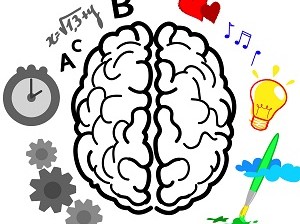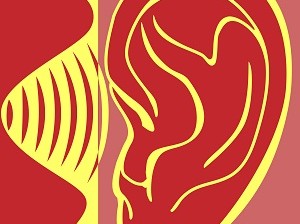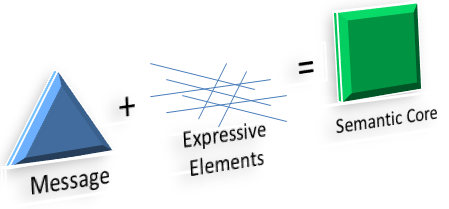Tag Archives: cognition
09 Apr Abstract Contexts and Fuzzy Reasoning

We do not yet know how we remember things, nor do we know how we use remembered things in reasoning. The amazing feedback loops of afferent and efferent fibers between different layers of the cortex give us some amazing clues (Hawkins 2004). Today’s discussion of abstract contexts and fuzzy reasoning is intended as a bridge […]
05 Apr Knowing About Agents and Instruments

Cause and Effect Causal knowledge can be learned by experience, as described in our friend Yorrick’s early experiences with the source of good feelings (Section 4: Seeds of Knowledge). The process of learning from experience is empirical and very fuzzy, meaning it is difficult to describe or replicate the learning process artificially. Cause can also […]
02 Apr Context and Expectations

Expectations are context based, top-down ideas of what comes next. These top-down ideas feed perceptual processing centers in the brain, helping us focus on what matters, ,and sometimes blinding us to other possibilities. The two types of context we will consider today are sensory and non-sensory. Sensory context applies to anything in the physical world […]
01 Apr Generating and Qualifying Propositions

What are the limits of reasoning? Is it possible to reduce every cognitive activity (telling time, falling in love, inventing rockets…) to a set of premises and conclusions: propositions? LITTLE ANIMALS ARE FURRY is a very simple proposition. Can intelligence be defined by the complexity of the sequence of propositions we can balance in evaluating a situation? I […]
31 Mar Truth, Belief and Confidence

Establishing frameworks for truth, belief and confidence can be part of raising a child and part of building a more intelligent system. Parents in households of faith often feel a compelling need to teach their children about things that are outside the realm of scientific discovery. In espionage, intelligence analysts review information collected by agents, electronic snoops, and […]
29 Mar Is Anything True or False

I like to use pictures in my posts. The more evocative they are, the better. Why? Because they may trigger brain activity in areas that may be otherwise untouched by my writing. In other posts, I speak of this brain activity as “patterns of activation” (Understanding, Vision, Enchanted, Flow). If we think in patterns (Tou 1974), […]








